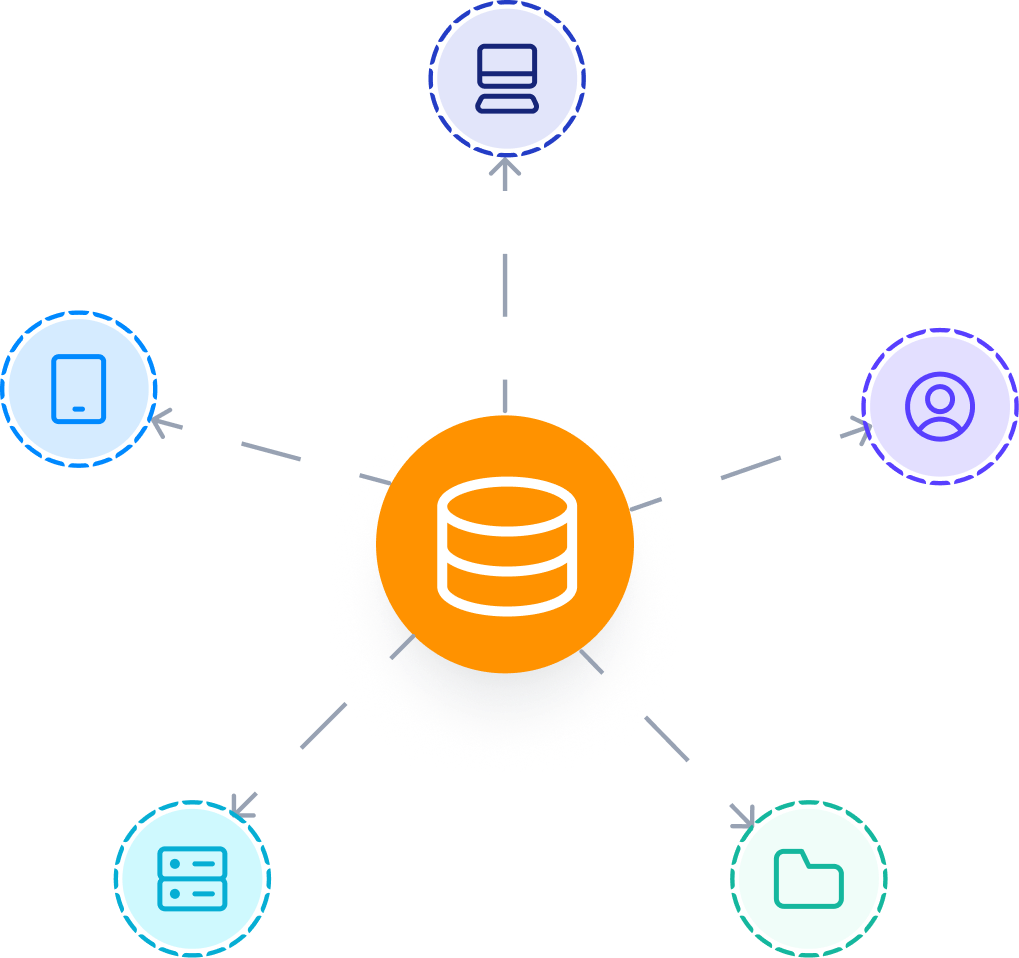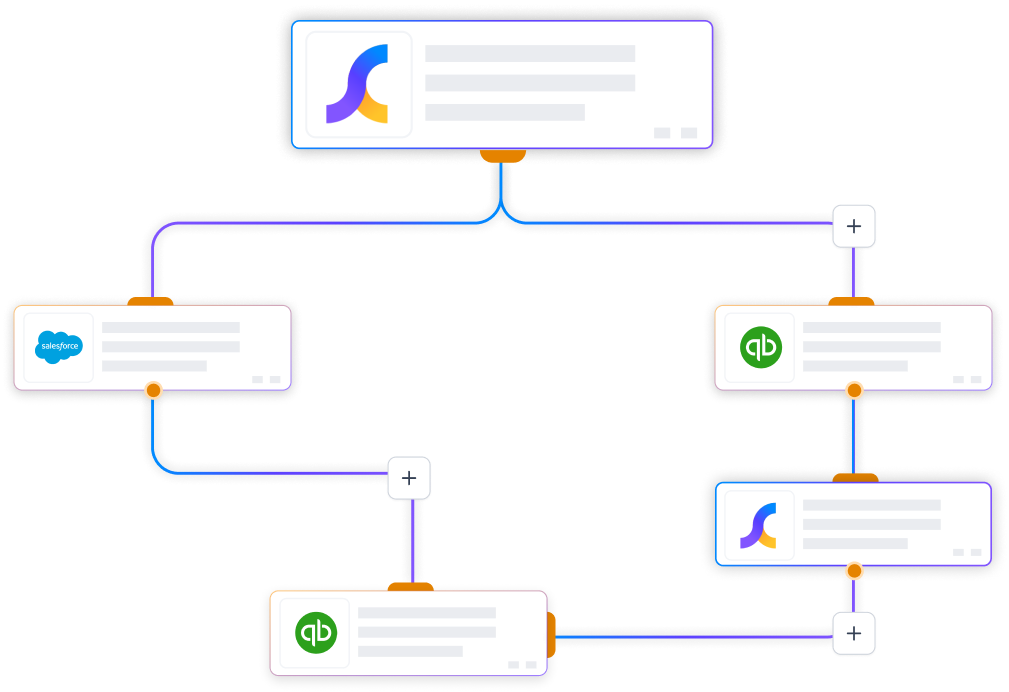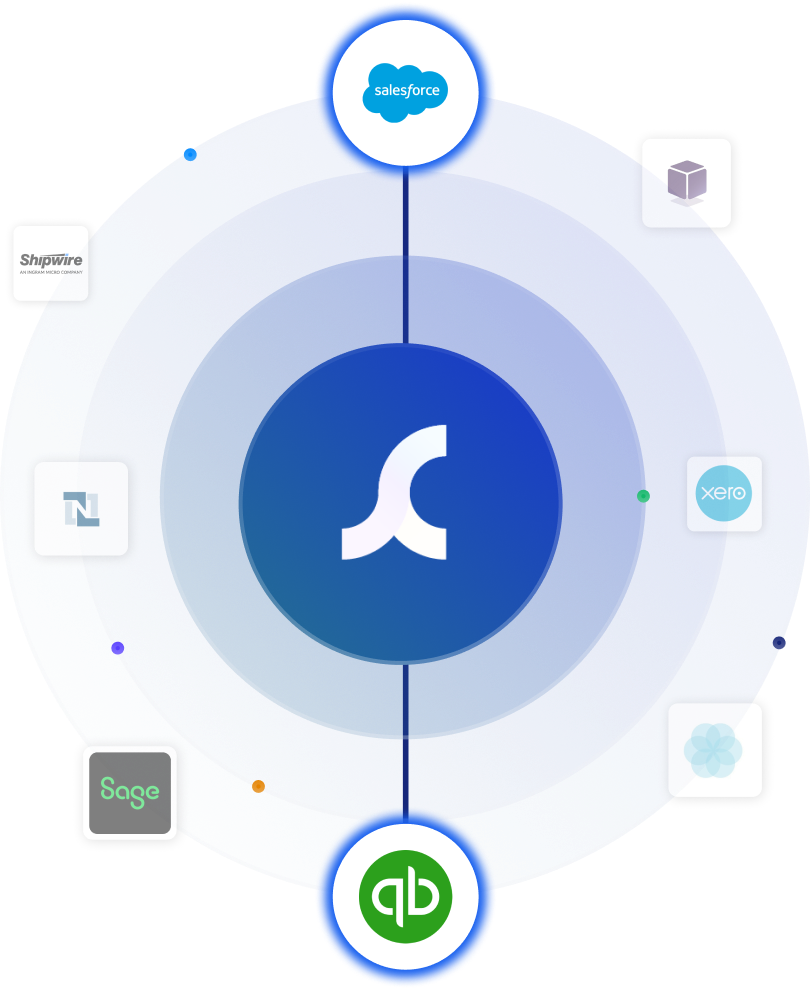White Label Ecommerce Software Platform
B2B Whitelabel Ecommerce Solutions for Growth

Whitelabel Ecommerce for Inhouse Ecommerce Needs

Whitelabel Ecommerce Solution for Software Vendors

Whitelabel Ecommerce Solution for Agencies
Whitelabel ecommerce with out-of-the box B2B features
- B2B, B2B2C, B2G, B2C and D2C all from centralized portal
- Offers Wholesale, Multi-Store, Private Store experiences
- More than 150+ out-of-the-box integrations


Less operational cost, More RoI
- Stable platform with modern tech stack
- Technical assistance and superior support
- Less total cost of ownership
Seamless Integrations with Flexible APIs
- One Time Payment, Lifetime Access
- Seamless Integrations
- Headless Architehture







Get your own B2B ecommerce platform today!
How does White Label Software Work?
You’ve probably heard the term “white label” thrown around in business discussions without really understanding what it means.
It’s a concept that’s become increasingly popular in various industries, including technology and software development.
In a nutshell, white labeling is when a company creates a product or service, typically software, then allows other companies to rebrand and resell it as their own.
The beauty of this model? It allows businesses to offer new services or products without having to develop them from scratch.
But how does white label software work exactly?
What’s in it for both the creator and the reseller?
If you’re wondering about these questions, then you’re not alone.
In this article we’ll break down the process behind white label software – from its production by the original manufacturer to its rebranding and resale by another company.
So sit back and let’s delve into the intriguing world of white label software.
White label software is a ready-to-go solution created by one company and sold by another, allowing the reselling company to offer a product without the need for heavy investment in its creation.
The future of white label software is promising, with the industry focusing on more automation, customization, scalability, and user experience enhancements, making it a viable, cost-effective option for businesses to expand their capabilities and reach.
What is White Label Software?
Let’s dive into what we mean by this tech-savvy term ‘white label software‘, shall we?
White label software, also known as private label software, refers to a fully supported software solution that is made by one company but sold by another. The company that creates the software stays behind the scenes, while the purchasing company rebrands it as its own.
The key selling point of white label software is that it allows the reselling company to offer a product without having to invest in creating the technology and infrastructure from scratch.
The concept of white label software is similar to generic products in retail stores, where the product is manufactured by one company and sold under another company’s brand. This kind of software is designed to save time and resources for the reselling company.
It provides a ready-to-go solution that can be customized to match the reseller’s brand identity and meet the specific needs of their clients. This approach allows businesses to expand their product line and increase their revenue without the heavy lifting involved in software development.
Key Takeaway
White label software refers to a fully developed product that’s licensed to another company under the premise that the purchaser can rebrand and sell the product as their own. This strategy is advantageous for companies as it saves them development time and cost. It allows them to focus on their marketing strategy and client service, while also offering them the opportunity to customize the software according to their brand identity and customer needs. This model is widely used in various industries including digital marketing, finance, and IT.
Benefits of White Label Software
You’re gonna love the perks that come with using ready-made tech solutions, which are often sold under your own brand name! This is the magic of white label software, a business model that allows you to purchase and rebrand a product developed by another company.
One of its biggest advantages is cost-effectiveness. Developing software from scratch requires a lot of time, resources, and technical expertise. With white label software, you can bypass these challenges. It reduces the time to market, allowing you to launch your product rapidly. Also, you can save on costs related to hiring a development team, buying expensive software tools, and long-term maintenance.
Another significant benefit of white label software is its scalability. As your business grows, so too does the software. You can easily add new features and functionalities to meet the evolving needs of your customers. Plus, you have the freedom to set your own pricing model. This flexibility enables you to maximize profits by targeting the right market segments. You also gain a competitive edge since you can offer a product that meets industry standards without investing heavily in research and development.
In essence, white label software allows you to focus on your core business while providing high-quality solutions to your clients.
Key Takeaway
White label software offers numerous benefits including cost and time efficiency, as it eliminates the need for research, development, and testing of a new software. It allows businesses to focus on their core competencies while expanding their service offerings. It also enables businesses to maintain branding consistency as they can customize the software with their logo and color scheme. Furthermore, it provides a competitive edge by offering an innovative product without the need for in-depth technical expertise. Lastly, it fosters customer loyalty and satisfaction by offering a seamless user experience.
The Process of White Label Software Production
Curious about how this whole process unfolds? It’s time to take a peek behind the scenes at the production of these rebrandable tech solutions!
The journey begins when a B2B software development company creates a software product. The software is designed with a generic, non-branded user interface that is adaptable and customizable. Such a structure allows any business that purchases the white label software to tweak it to reflect their brand’s aesthetics, including colors, logos, and other design elements. The software is also built to be feature-rich, with the delivery of a multitude of functionalities that companies can choose to keep or remove according to their needs.
Once the base software is ready, it is sold or licensed to other companies. These businesses can then rebrand the software as their own product, adding their unique touches to the user interface and selecting the features that align with their operations and client needs.
The white label provider often offers support in the rebranding process, ensuring that the end product is seamless and integrates well with the buyer’s existing systems. This collaborative approach guarantees that the end-user receives a high-quality product that fits their requirements, all the while saving the purchasing company the time and resources it would have taken to build the software from scratch.
Key Takeaway
White label software production involves creating a customizable software product, free from branding, that can be purchased by a company and rebranded as their own. The process includes the initial development of the software, testing for quality assurance, deployment, and further maintenance and updates. It’s a cost-effective solution for companies lacking software development resources, allowing them to quickly launch a product under their brand. The white label software can be customized to meet the specific needs of the purchasing company, providing a unique value proposition to its customers.
Rebranding and Reselling White Label Software
Now, imagine being able to rebrand and resell high-quality software as your very own – exciting, isn’t it? This is the crux of the rebranding and reselling phase of white label software.
As a reseller, you purchase the rights to a software product, then customize it to fit your brand. This includes changing the aesthetics, such as the logo and color scheme, as well as the user interface to make it feel like a product that is unique to your company. In some cases, you can even tweak the functionality or add new features to better serve your customer base.
The real beauty of rebranding white label software is that it allows you to focus on your strengths, such as marketing and customer service, rather than getting bogged down in the complexities of software development.
After rebranding, you can then resell the software to your customers at a price point that makes sense for your business model. This can be a lucrative opportunity, especially if the software fills a gap in the market or offers a solution that is superior to what’s currently available.
It’s a win-win situation – you get to offer a top-notch product without the development headaches, and your customers receive a solution that meets their needs perfectly.
Key Takeaway
Rebranding and reselling white label software offers a cost-effective way to expand a business portfolio, offering solutions that are already developed and tested, reducing time-to-market. It allows companies to focus on marketing and customer service rather than development. It also provides a chance to build brand recognition, as the software can be branded with the company’s own logo and color scheme. However, it’s crucial to choose a reliable white label provider ensuring software quality and ongoing support. The reseller must understand the product thoroughly to provide effective customer support and further customization if required.
The Future of White Label Software
As we peer into the future, it’s clear that white label software presents promising prospects for your business.
The industry is making significant strides towards more automation, customization, and scalability, which are essential facets of the evolving digital landscape.
It’s anticipated that white label solutions will continue to establish themselves as vital tools for businesses looking to expand their offerings without the need to build from scratch.
The rise in demand for SaaS solutions is also expected to fuel the growth of the white label software market, making it a lucrative opportunity for businesses to tap into.
Moreover, the future of white label software is likely to see an increased focus on user experience and interface.
As businesses aim to provide their customers with seamless experiences, white label software providers will have to continually improve their offerings to ensure that they are user-friendly, intuitive, and engaging.
The future may also see greater integration capabilities, allowing businesses to better connect their white label software with other systems.
This would result in improved operational efficiency and customer satisfaction.
In summary, the future of white label software looks bright, offering businesses a viable option to enhance their capabilities and reach in a cost-effective manner.
Key Takeaway
White label software provides a cost-effective solution for companies to offer high-end technology products without investing heavily in development. This software is customizable, enabling companies to align it with their brand identity. The future of white label software is promising, with the potential to expand into various sectors such as healthcare, finance, and e-commerce due to its scalability and adaptability. The software’s ease of integration and swift deployment capabilities also favor its growth in the market. However, companies must carefully select their white label software providers, ensuring they offer robust support and regular updates.
Whitelabel or Not to Whitelabel eCommerce?
White Label Software is a powerful and cost-effective way to provide customers with the software they need. It offers many benefits, such as shorter development time, lower costs, and faster updates.
The process of producing White Label Software is complex but efficient. After the software is produced, it can be rebranded and resold by businesses to their clients. With the increasing demand for custom software solutions, White Label Software will continue to be an integral part of how businesses operate in the near future.
It provides them with an easy way to develop tailored software solutions that meet their customer’s needs without having to put in resources from scratch. White Label Software Work can help businesses save time, money, and energy while delivering quality products to their customers.
Frequently Asked Questions
Companies that use white label software are usually businesses that want to add new services to their offerings without having to develop the technology themselves. These can include marketing agencies, consultants, web development companies, and e-commerce platforms. The software enables them to save time and resources while providing quality services to their customers.
The cost of white label software can vary greatly, depending on the complexity and functionality of the software. Prices can range from a few hundred to thousands of dollars per month. It’s an option chosen by businesses to save development time and costs, allowing them to focus more on their core operations.
Yes, white label software can be secure. It’s created by professional developers who often use the same security measures as in custom-built software. However, it’s important to do your research and choose a reputable provider because not all white label software is created equal.
White label software is relatively easy to customize. It’s designed to be rebranded and resold by businesses, so providers usually offer options for customization like changing the logo, color scheme, or even adding specific features. However, the ease of customization can vary depending on the provider.
White label software restrictions depend on the company that makes it. Sometimes, you can’t modify the software or have to pay extra for customization. Usually, you have to sign an agreement which may put limits on how and where you can sell the software.